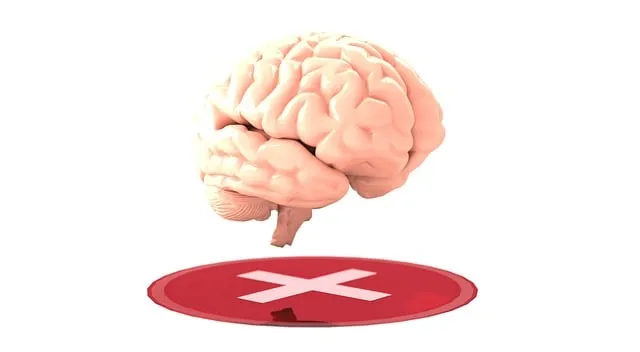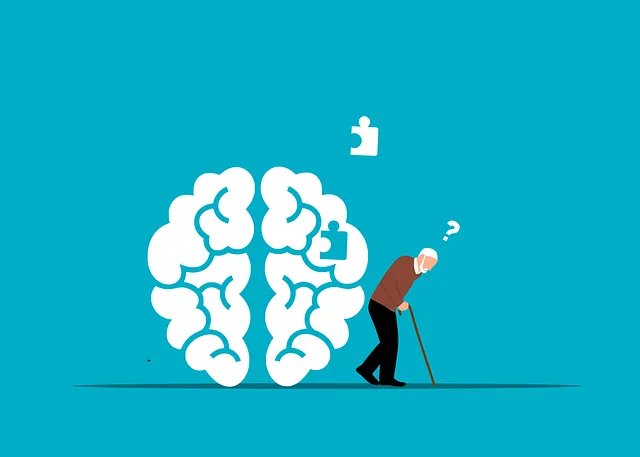Mental wellness group facilitation offered by Littleton Kaiser Permanente creates safe spaces for individuals seeking mental health support. Skilled facilitators guide collaborative sessions, focusing on emotional regulation, coping strategies, and community building. Through active listening, non-judgmental responses, and structured activities, these groups enhance self-esteem, resilience, and stress management. Success is measured through participant improvements tracked by pre/post surveys using Littleton Kaiser Permanente resources, aiding policy advocacy for inclusive mental health practices.
“Unleashing the Power of Connection: Mental Wellness Group Facilitation Techniques
This article explores the transformative potential of group facilitation in mental health support. From understanding the unique dynamics of these settings to mastering communication strategies, facilitators play a pivotal role in fostering safe and inclusive environments. We delve into essential skills required, effective session management techniques, and methods for measuring success, drawing insights from top practices at Littleton Kaiser Permanente mental health services. Discover how these techniques enhance recovery journeys.”
- Understanding Group Facilitation in Mental Health Support
- The Role of a Facilitator: Skills and Qualities Required
- Creating a Safe and Inclusive Environment for Participants
- Effective Communication Strategies for Group Sessions
- Measuring Success: Evaluating the Impact of Group Facilitation
Understanding Group Facilitation in Mental Health Support

Mental wellness group facilitation plays a pivotal role in enhancing support for individuals seeking mental health services, such as those accessing the Littleton Kaiser Permanente mental health number. This collaborative approach goes beyond individual therapy by creating safe and supportive spaces where participants can share experiences, gain insights from peers, and develop coping mechanisms together. Skilled facilitators guide these groups, fostering an environment that encourages open communication, emotional regulation, and self-esteem improvement.
Effective group facilitation techniques are particularly crucial in addressing burnout prevention strategies for healthcare providers who work tirelessly in mental health settings. By employing structured activities and empathetic listening, facilitators help participants navigate complex emotions, build resilience, and cultivate a sense of community. These dynamic interactions not only benefit the immediate group members but also contribute to broader mental wellness within the healthcare system as a whole.
The Role of a Facilitator: Skills and Qualities Required

The role of a mental wellness group facilitator is multifaceted and demanding. They must create a safe, supportive environment where every participant feels heard and respected. Facilitators act as guides, fostering open dialogue and encouraging active participation while ensuring the group adheres to structured agendas designed to promote healing and growth.
Effective facilitators possess a unique blend of skills and qualities. Empathy and strong communication skills are paramount, enabling them to connect with individuals on a personal level and convey complex concepts clearly. Patience, flexibility, and excellent interpersonal skills are also crucial, as facilitators must navigate diverse personalities and adapt their approach based on the group’s dynamic. Knowledge of evidence-based practices like Mood Management and Resilience Building, grounded in Mind Over Matter principles, is essential for leading engaging discussions and activities that drive positive change within the Littleton Kaiser Permanente mental health number community.
Creating a Safe and Inclusive Environment for Participants

Creating a safe and inclusive environment is paramount for effective group facilitation, especially when addressing mental wellness. It begins with establishing trust and ensuring every participant feels heard and respected. As a facilitator, it’s crucial to create a non-judgmental space where individuals can openly share their experiences and challenges without fear of stigma or criticism. This involves actively listening to each member, validating their feelings, and fostering an atmosphere that encourages vulnerability.
In the context of Littleton Kaiser Permanente mental health services, facilitators might draw on various techniques like conflict resolution strategies to navigate differing opinions or emotional regulation exercises to help individuals manage intense emotions. By integrating mindfulness meditation practices, participants can learn to stay present and centered during discussions, fostering a deeper sense of connection and understanding within the group.
Effective Communication Strategies for Group Sessions

In group facilitation for mental wellness, effective communication is key to creating a safe and supportive environment. Facilitators should employ active listening techniques, ensuring every member feels heard and validated. This involves paraphrasing statements, asking clarifying questions, and maintaining eye contact to demonstrate engagement. Encouraging open dialogue through non-judgmental responses fosters trust and encourages members to share their experiences honestly.
Additionally, using clear and concise language helps convey information effectively. Facilitators can incorporate various communication strategies, such as storytelling, role-playing, or guided meditations, to enhance engagement and make sessions interactive. These techniques not only improve understanding but also serve as valuable tools for stress management, a core aspect covered by the Littleton Kaiser Permanente mental health number, contributing to overall Mental Health Awareness.
Measuring Success: Evaluating the Impact of Group Facilitation

Measuring success in group facilitation for mental wellness is a multifaceted approach that goes beyond mere attendance. It involves evaluating the tangible impact on participants’ lives, mirroring improvements in key areas such as Mood Management and Mental Health Awareness. Facilitators can employ various methods to gauge progress, including pre-and post-session surveys, where individuals share their experiences and rate their mental health status using recognized tools like those provided by Littleton Kaiser Permanente’s mental health resources.
This assessment strategy allows for a comprehensive Mental Health Policy Analysis and Advocacy approach. By collecting data on participants’ perceptions of their emotional well-being, facilitators can identify trends, pinpoint areas of significant change, and advocate for policies that support continued progress in the broader community. Such insights are invaluable, guiding future sessions and fostering a more inclusive mental health discourse.
Group facilitation plays a pivotal role in enhancing mental wellness, as evidenced by successful models like those employed by Littleton Kaiser Permanente. By fostering safe and inclusive environments, facilitators equipped with essential skills can revolutionize support systems. Effective communication strategies and measured evaluation ensure these sessions resonate with participants, ultimately contributing to improved mental health outcomes. Embracing these techniques not only empowers individuals but also enriches the overall well-being of communities.

